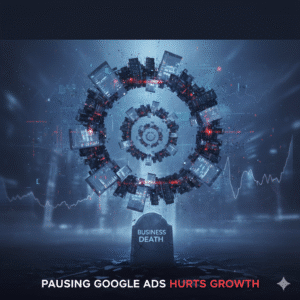The cost per click (CPC) in online advertising, also known as pay-per-click (PPC), can vary significantly depending on several factors.
Some of the key factors that influence the cost per click include:
Industry
Different industries have varying levels of competition, and more competitive industries tend to have higher CPCs. For example, industries like insurance, finance, and legal services often have higher CPCs compared to others.
Keywords
The keywords you choose to target in your PPC campaign can impact the CPC. Popular and highly competitive keywords typically have higher CPCs. Long-tail keywords (specific and less common) may have lower CPCs but might also attract fewer clicks.
Quality Score
Search engines like Google assign a quality score to your PPC ads based on factors like ad relevance, landing page experience, and click-through rate. Higher quality scores can lead to lower CPCs.
Ad Placement
The position of your ad on search engine result pages can affect the CPC. Ads in top positions often have higher CPCs.
Ad Budget
The amount you are willing to spend on your PPC campaign can influence the CPC. Generally, higher budgets allow for more competitive bidding and can lead to higher CPCs.
Targeting
The geographic location you target, the specific demographics, and other targeting parameters can impact the CPC. Highly targeted campaigns may have higher CPCs.
Due to the dynamic nature of the online advertising landscape, it’s challenging to provide an exact figure for the cost per click. The best approach is to research your specific industry, use keyword research tools, and monitor competitor activity to get a better understanding of the typical CPCs you can expect. Additionally, platforms like Google Ads and Facebook Ads provide bidding systems where you can set your maximum CPC and budget according to your requirements.













